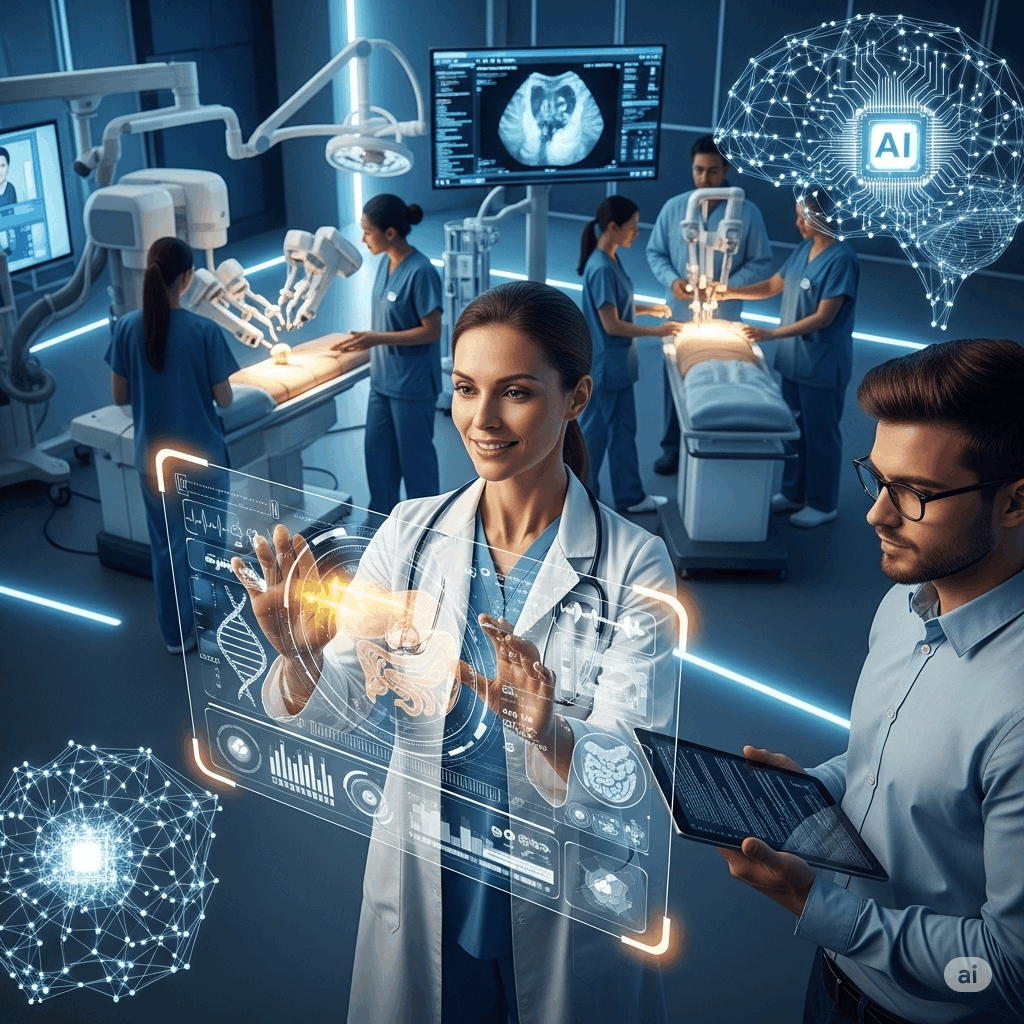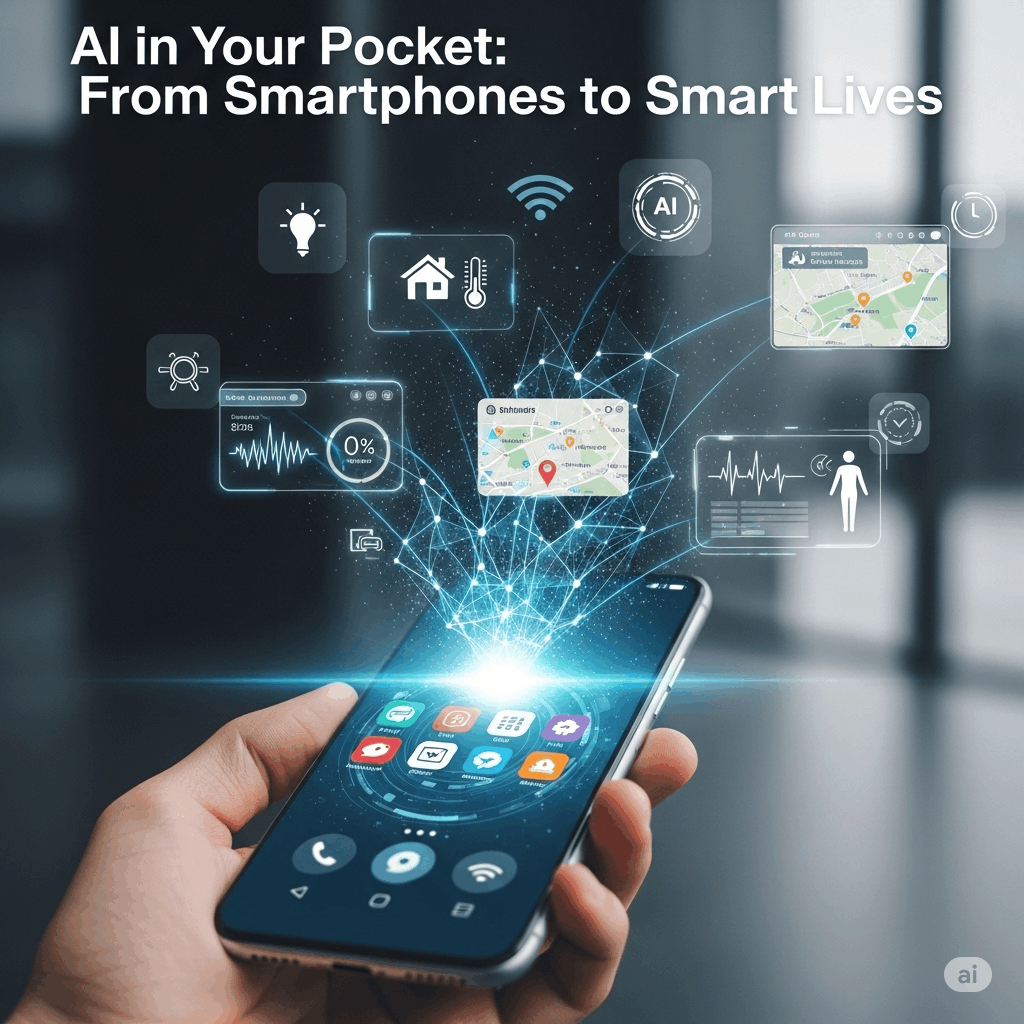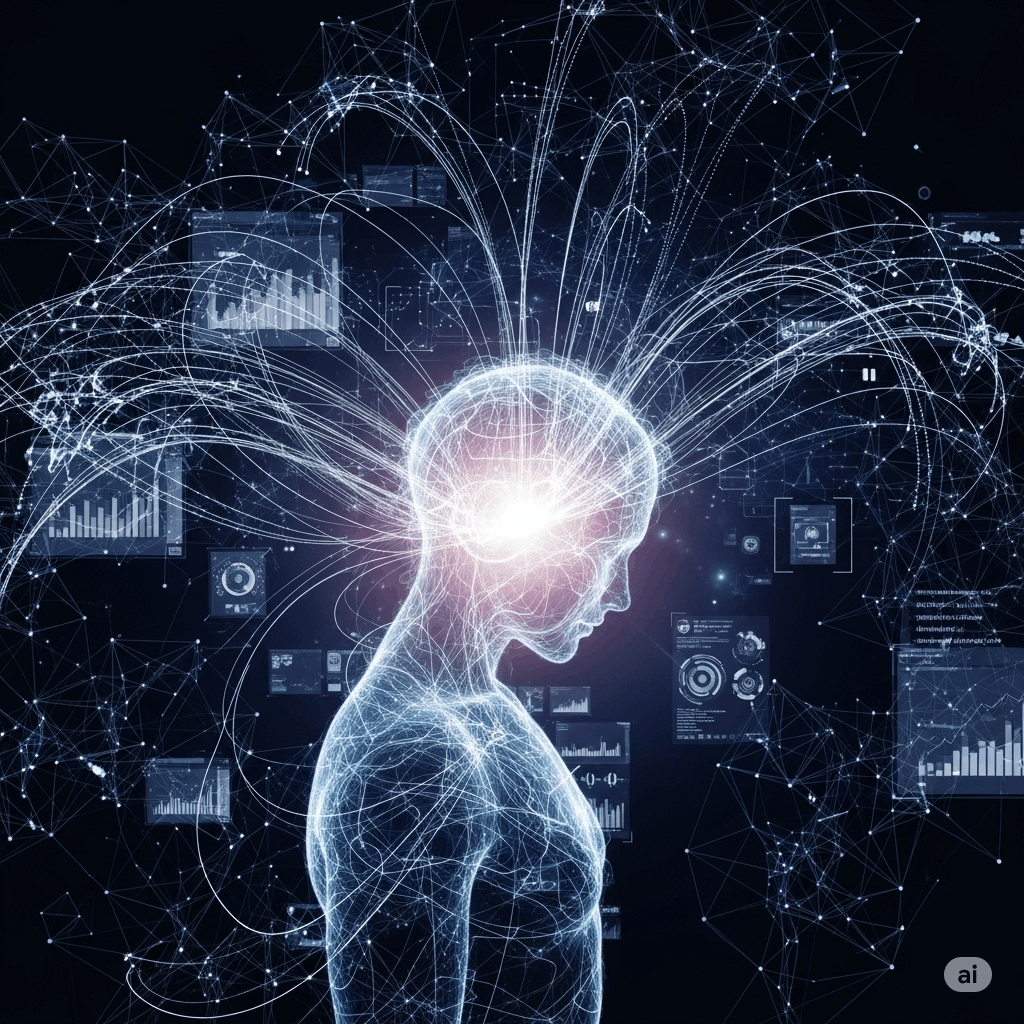AI in Healthcare: Revolutionizing Medicine and Patient Care
Artificial Intelligence (AI) is transforming healthcare by enhancing diagnostics, personalizing treatments, optimizing operations, and improving patient outcomes. The integration of AI technologies in healthcare promises to address long-standing challenges in medical practice, making healthcare more effective, efficient, and accessible worldwide. This section explores the various ways AI is reshaping healthcare, the benefits it brings, and the ethical concerns it raises.
AI-Powered Diagnostics and Medical Imaging
One of the most promising applications of AI in healthcare is improving diagnostic accuracy and speed. AI algorithms, particularly those using deep learning, can analyze complex medical images—such as X-rays, CT scans, MRIs, and pathology slides—with remarkable precision.
Early Disease Detection
AI systems can identify subtle patterns and anomalies that may elude human eyes, enabling early detection of conditions like cancer, diabetic retinopathy, and cardiovascular diseases. For example, AI tools have been developed to detect breast cancer in mammograms with accuracy comparable to expert radiologists.
Reducing Diagnostic Errors
By assisting doctors in interpreting images and lab results, AI reduces the risk of misdiagnosis and missed diagnoses, which are critical for patient safety.
Speed and Scalability
Automated AI analysis can process large volumes of data quickly, supporting faster clinical decisions and improving access in underserved areas with limited specialist availability.
Predictive Analytics and Disease Management
AI leverages vast datasets, including electronic health records (EHRs), genomic data, and real-time patient monitoring, to predict disease risks and outcomes with increasing accuracy.
Predicting Patient Deterioration
Hospitals use AI models to predict which patients are at risk of complications such as sepsis or heart failure, enabling timely interventions.
Population Health Management
AI analyzes trends and patterns to forecast disease outbreaks and manage public health responses—for example, by analyzing epidemiological data during pandemics.
Chronic Disease Management
AI-powered apps and wearable devices monitor conditions like diabetes and hypertension, providing personalized alerts and treatment recommendations to patients and healthcare providers.
Personalized Medicine
AI enables more tailored healthcare by integrating genetic, lifestyle, and environmental data to develop personalized treatment plans.
Genomics and Drug Discovery
Machine learning accelerates the analysis of genomic data, helping identify mutations linked to diseases and potential drug targets. AI also speeds up drug discovery by predicting molecular interactions and clinical trial outcomes.
Tailored Therapies
AI helps clinicians choose the most effective therapies for individual patients based on their unique profiles, improving treatment efficacy and reducing adverse effects.
Precision Oncology
AI models analyze tumor genetics and patient data to recommend targeted cancer therapies, improving survival rates and quality of life.
Enhancing Healthcare Operations
Beyond clinical applications, AI optimizes healthcare operations to improve efficiency and patient experience.
Resource Allocation
AI predicts patient admissions and optimizes scheduling, reducing wait times and improving hospital resource management.
Administrative Automation
AI-powered tools automate billing, claims processing, and documentation, freeing up healthcare professionals to focus more on patient care.
Virtual Health Assistants
Chatbots and virtual assistants provide 24/7 patient support, triage symptoms, schedule appointments, and offer medication reminders.
Ethical Considerations and Challenges
While AI holds great promise, its deployment in healthcare must address important ethical and practical challenges:
Data Privacy and Security
Patient data is highly sensitive, and AI systems require strict safeguards to protect privacy, prevent breaches, and maintain trust.
Bias and Fairness
AI algorithms trained on biased or incomplete data risk perpetuating health disparities by delivering less accurate diagnoses or treatments for underrepresented groups.
Transparency and Explainability
Medical professionals and patients need to understand AI decisions, especially when they affect treatment choices.
Regulatory Compliance
Ensuring AI systems meet rigorous regulatory standards for safety and efficacy is essential for widespread adoption.
Human Oversight
AI should augment—not replace—human judgment, maintaining the clinician’s role in ethical decision-making and patient care.
The Future of AI in Healthcare
As AI technology advances, its integration into healthcare will deepen, with exciting possibilities on the horizon:
AI-Driven Robotics
Robots assisted by AI will perform surgeries with greater precision and assist in rehabilitation.
Real-Time Monitoring
Continuous AI analysis of wearable and implantable devices will enable proactive health management.
Global Health Access
AI-powered telemedicine and diagnostics can expand quality healthcare access to remote and underserved populations.
Collaborative Intelligence
Combining AI insights with human expertise will lead to more innovative and holistic healthcare solutions.
Conclusion
Artificial Intelligence is revolutionizing healthcare by making diagnosis faster and more accurate, personalizing treatments, and improving operational efficiency. While challenges remain, careful development and ethical deployment of AI can help create a future where healthcare is more accessible, equitable, and effective for all. Embracing AI’s potential in medicine marks a significant step toward transforming patient care and advancing global health.



